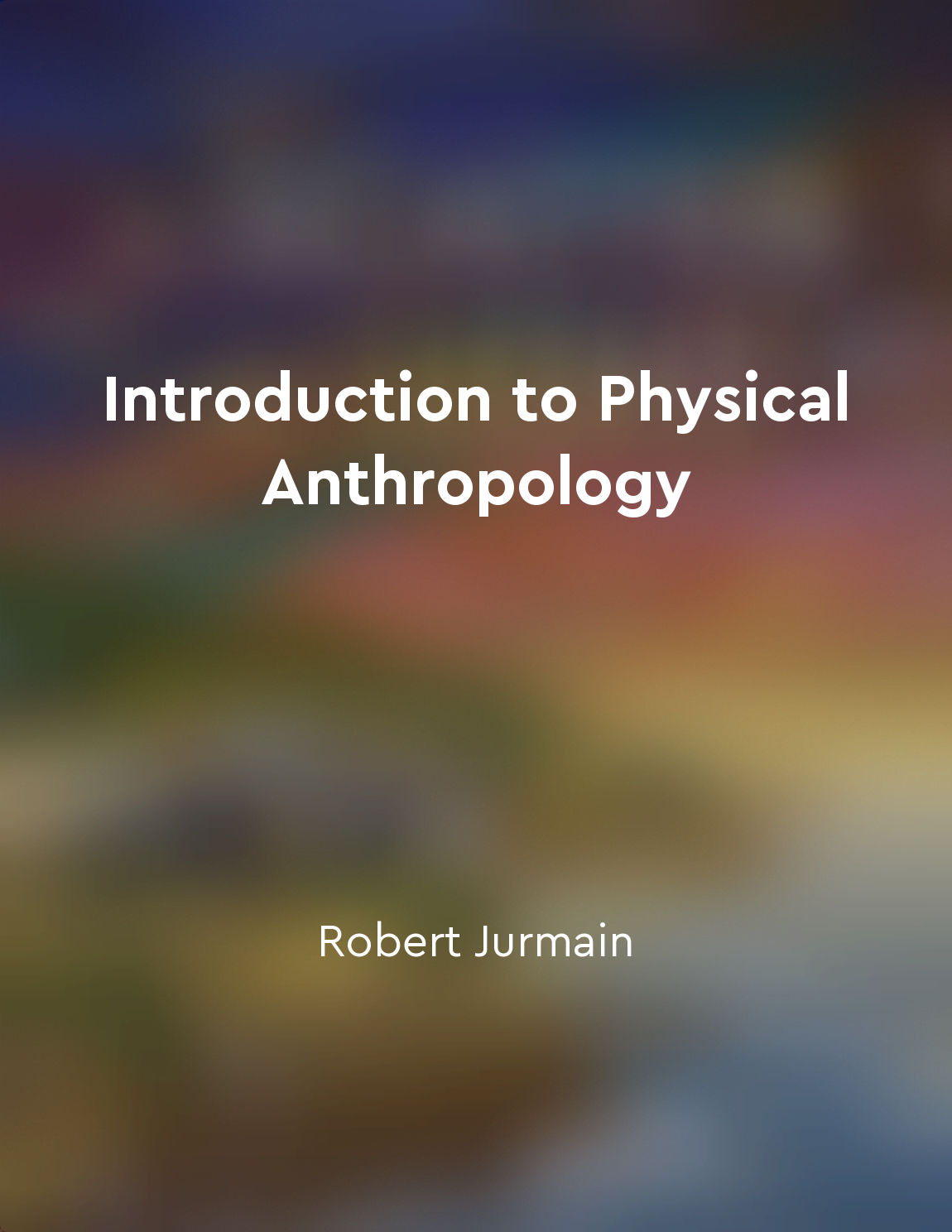Audio available in app
Cognitive revolution gave humans ability to create complex societies from "summary" of Sapiens by Yuval N. Harari,David Vandermeulen
The Cognitive Revolution was a significant turning point in human history. It marked the moment when our ancestors gained the ability to think in more complex ways, allowing them to create intricate societies that were previously unimaginable. This cognitive leap enabled humans to communicate through language, share knowledge, and cooperate on a larger scale. The development of language played a crucial role in this transformation. Language allowed humans to convey abstract concepts, share stories, and pass down knowledge from one generation to the next. This communication was essential for building trust and facilitating cooperation among individuals within a group. As humans began to form larger communities, they were able to collaborate on tasks that required coordination and organization. This led to the creation of complex societies with specialized roles and diverse skill sets. People were able to work together towards common goals, such as hunting, farming, or building structures. In these complex societies, new social structures emerged, including hierarchies, rules, and norms. These structures helped to maintain order, resolve conflicts, and ensure the smooth functioning of the community. People developed systems of governance, laws, and institutions to regulate behavior and uphold social order. The Cognitive Revolution also sparked advancements in technology, art, and culture. Humans began to innovate and create tools, art, and rituals that reflected their beliefs and values. These cultural expressions helped to strengthen social bonds, create a sense of identity, and foster a shared sense of community among individuals.- The Cognitive Revolution empowered humans to build complex societies that were based on cooperation, communication, and shared beliefs. This cognitive leap enabled our ancestors to thrive and adapt to a changing world, setting the stage for the remarkable achievements and advancements that would follow in the millennia to come.
Similar Posts
Border policies should consider the interconnectedness of all life forms
In the throes of the climate crisis, our understanding of borders must evolve. We must recognize the intricate web of life that...
Human instincts are not always conscious decisions
In human behavior, the role of instinct is often underestimated. We tend to believe that our actions are the result of consciou...
Social institutions are embedded within cultural systems
Social institutions are not free-floating entities, but rather are deeply rooted within the broader cultural systems in which t...

Babylon's teachings reveal a deep spiritual connection
The teachings of Babylon carry within them a profound spiritual resonance that transcends time and place. These ancient wisdom ...

Human anatomy reflects our evolutionary history
The human body is a remarkable product of evolution, with each part serving a specific purpose that has been shaped by millions...

The rise of Western civilization
The emergence of Western civilization can be traced back to ancient Greece, where the foundations of democracy, philosophy, and...
Humans have a preference for prosocial behavior
Humans have a preference for prosocial behavior. This means that we are naturally inclined to act in ways that benefit others, ...

Scientific Revolution challenged traditional beliefs
The Scientific Revolution was a period of great change in the way people thought about the world. Before this time, traditional...
Social norms impact individual behavior
In understanding how culture shapes human behavior, it’s essential to consider the crucial role of social norms. These are the ...
Migration patterns shape cultural exchange
Migration patterns have played a crucial role in shaping cultural exchange throughout human history. When people move from one ...


